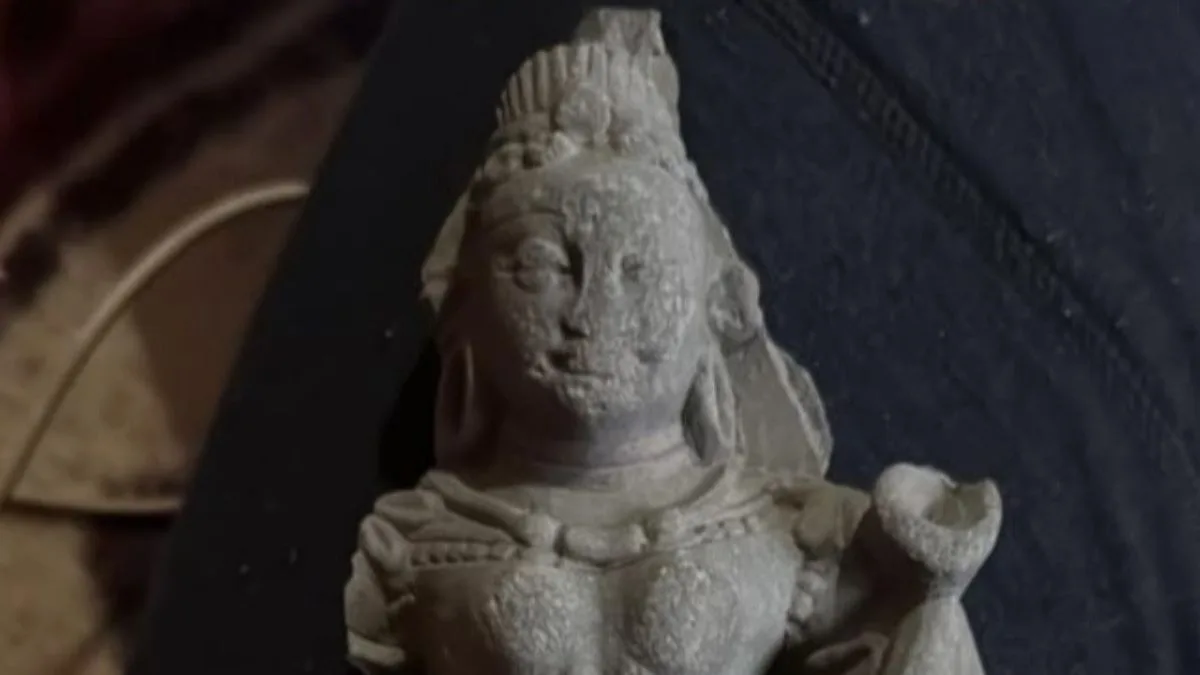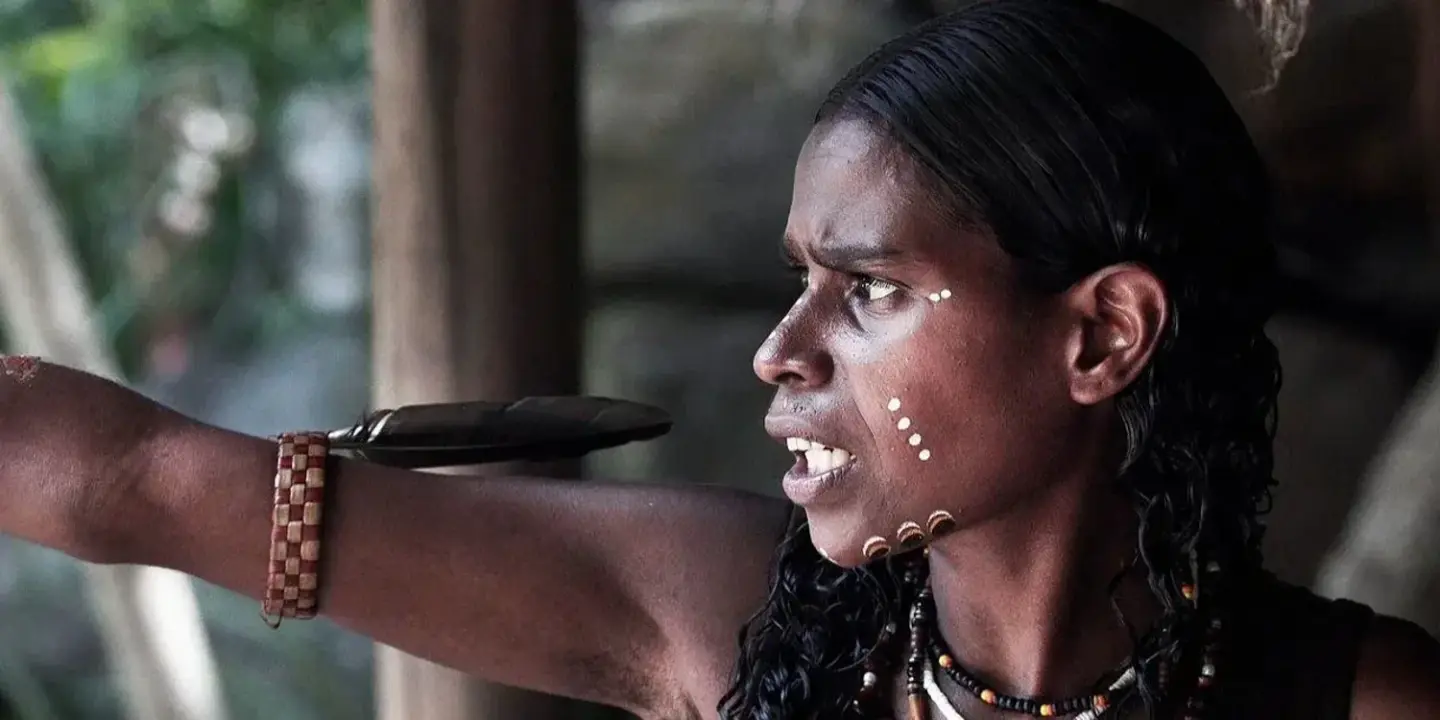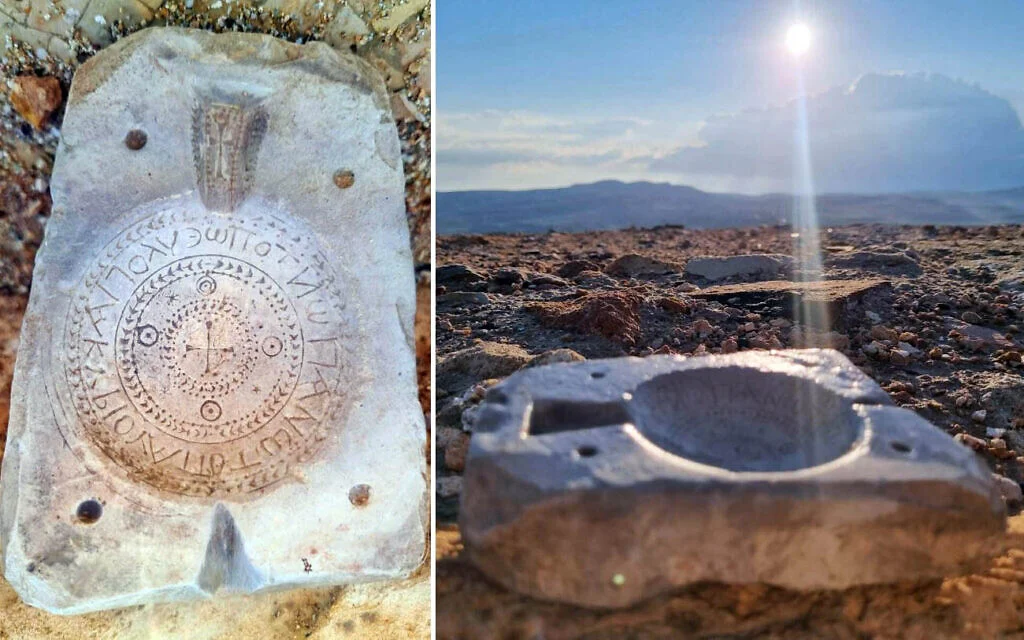Titans in Greek Mythology
Origins and Genealogy In Greek mythology, Titans represent the first generation of divine beings, descendants of Uranus (Sky) and Gaia (Earth). This primordial couple bore twelve original Titans, each embodying various aspects of the natural world and cosmic order. The six male Titans were Cronus, Oceanus, Coeus, Hyperion, Crius, and Iapetus, while the six female Titans, known as Titanesses, were Rhea, Tethys, Theia, Phoebe, Mnemosyne, and Themis.
Devouring His Son
Artist - Francisco Goya
Year. 1820–1823
Titanomachy The Titans are central figures in the Titanomachy, a monumental war against the younger Olympian gods. This conflict arose when Cronus, the leader of the Titans, overthrew his father Uranus but then faced a rebellion led by his own son, Zeus. The Titanomachy was a decade-long struggle that ended with the Olympians' victory. The defeated Titans were imprisoned in Tartarus, a deep abyss in the underworld, symbolizing the triumph of a new order over the old.
Cronus Cronus, the most prominent Titan, is notorious for his actions against his father and later his offspring. Fearing a prophecy that he would be overthrown by one of his children, Cronus swallowed each of them at birth. However, his wife Rhea saved their youngest, Zeus, who eventually liberated his siblings and led the rebellion against Cronus. Depictions of Cronus often show him with a sickle, the weapon used to castrate Uranus and assert his dominance.
Prometheus Prometheus is a unique Titan known for his intelligence and compassion for humanity. Unlike most Titans, Prometheus sided with Zeus during the Titanomachy. He is credited with creating humans from clay and defying Zeus by stealing fire to give to mankind, an act that brought knowledge and progress but also severe punishment. Zeus condemned Prometheus to eternal torment, having him chained to a rock where an eagle would eat his liver daily, only for it to regenerate each night.
Atlas Atlas is another significant Titan, renowned for his enduring punishment. After the Titanomachy, Zeus condemned Atlas to hold up the sky for eternity, a punishment reflecting the burden of rebellion. The image of Atlas bearing the celestial sphere is a powerful symbol in art and literature, representing strength and endurance under immense pressure.
The Titanesses The female Titans, or Titanesses, played crucial roles in the mythology. Rhea, for instance, was the mother of the first generation of Olympians, including Zeus, Hestia, Hera, Hades, Poseidon, and Demeter. The Titanesses, like their male counterparts, were embodiments of various natural and cosmic principles, influencing the mythological narratives and religious practices of ancient Greece.
Modern Interpretations
Literature and Media Titans have been reimagined in various forms in modern literature, films, and television series. These interpretations often highlight their immense strength and power, portraying them as ancient beings or cosmic forces. Their stories and characteristics continue to inspire creative works, blending mythological roots with contemporary themes.
Attack on Titan "Attack on Titan," a popular manga and anime series, has significantly influenced contemporary perceptions of Titans. The series depicts a world where humanity battles against gigantic humanoid creatures known as Titans. These beings symbolize existential threats and evoke themes of survival, fear, and resistance, resonating with modern audiences and expanding the mythological legacy of Titans.
Considered to be one of the best anime series, and, in most respects, one of the greatest television series of all time, Attack on Titan captivated audiences through its deeply complex characters, masterful storytelling, stellar pacing and magical animation quality. Upon hitting television screens in 2013, the world became enamored with the world of Eren Yeager and the titans. The show would go on to receive numerous accolades and became the highest streamed anime on Funimation just one year after its release.
Godzilla In the Godzilla franchise, Titans are depicted as giant monsters, including Godzilla, referred to as Titans or Kaiju. These creatures represent primordial forces of nature, reflecting the awe and terror inspired by the original mythological Titans. Godzilla and similar characters have become iconic in their own right, bridging ancient mythology with modern monster lore.
Symbolism and Cultural Impact
Symbol of Strength Titans symbolize strength, endurance, and primordial power in various cultural contexts. They represent the raw, untamed forces of nature and the cosmos, embodying the awe-inspiring and often terrifying aspects of the world.
Astronomical Naming Many moons and celestial bodies are named after Titans, such as Saturn's moon Titan. This practice reflects their immense and influential presence in both mythological and astronomical traditions, honoring their enduring legacy in human culture.
Literary Influence The Titanomachy and individual stories of Titans have inspired countless works of literature, including epic poems, novels, and philosophical texts. These works explore themes of rebellion, power, and punishment, drawing from the rich mythological heritage of the Titans.
Philosophical Themes Titans often embody philosophical themes, such as the conflict between order and chaos, the cyclical nature of power, and the consequences of hubris. Their stories serve as metaphors for broader human experiences and existential questions, influencing philosophical thought and discourse.
Interesting Facts
Titanosaur The term "titan" has influenced paleontology, with some of the largest dinosaurs classified under the clade Titanosauria. This highlights the enduring association of the term with immense size and strength, reflecting the legacy of the mythological Titans.
Linguistic Influence The word "titanic" has entered common usage to describe something of enormous size or strength. This linguistic influence demonstrates the lasting impact of Titan mythology on the English language and cultural expressions.
Cultural Festivals Some cultures have festivals or traditions that reference Titans, celebrating their mythological heritage and the stories passed down through generations. These celebrations keep the legacy of the Titans alive, blending ancient mythology with contemporary cultural practices.








